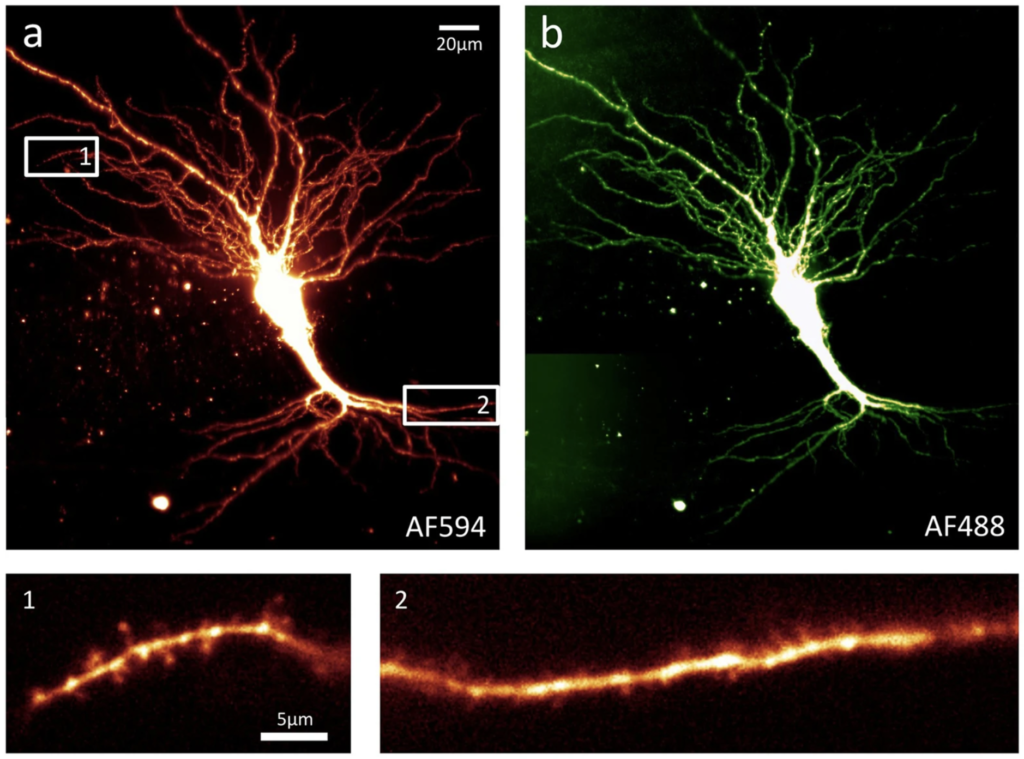A New Strategy for St Andrews: Entrepreneurial
“Great universities constantly move forward. They anticipate, lead, adapt, and are society’s engines of innovation and change. Momentum is everything.”
St Andrews recently adopted a refreshed strategy that will be at the core of our actions for the next five years. It will guide our investments and decision-making across research and teaching, and influence our partnerships both within and outside St Andrews. The strategy is the result of a close consultation with staff and students and is grouped under five themes: Word-leading, Diverse, Digital, Sustainable, and Entrepreneurial.
At Research Impact we recognise the extraordinary work done by researchers already in driving these themes forward, providing a solid foundation upon which the University can build over the next five years. These blogposts have examined research impacts across the five themes. Today, as we draw the strategy series to a close, we are looking at the final pillar of the Strategy: Entrepreneurial.

“We will encourage a culture of innovation and create an inclusive entrepreneurial ecosystem to enhance our impact on society and diversify and grow our research funding streams. This ecosystem will be created through the interactions of students and staff, through enterprise and entrepreneurial education, and through strong engagement with business, government, the third sector, and other funders.”
To be entrepreneurial in our culture is to see potential in existing and future activity and to translate that into enterprise for the benefit of wider society. Entrepreneurial St Andrews is rapidly gaining prominence as a mainstream activity in the University, enabling regeneration locally and transformation nationally. We will encourage our entrepreneurial ecosystem, securing increased funding for research, integrating entrepreneurial and enterprise education, and stepping up external engagement. The culture of innovation at St Andrews relies upon the creativity and resourcefulness of the individuals that make up our community, and their innovative work has already made a name for our university as a centre of entrepreneurship.

Drive and support the development of an increasing volume of research from across all our disciplines that delivers the innovation that supports entrepreneurial success.
The influence of research is dictated by its circulation – the more people that read a piece of research, the better its chances of having a meaningful impact. This can run into conflict with the business models of publishers, who often rely on limited, paid circulation to profit from research. What’s more, this model is often left unquestioned, under the assumption that ‘this is the way it’s always been’. By investigating the history of the world’s oldest scientific journal, a team led by Professor Aileen Fyfe generated new insights into the business model of publishing entities and into the functions and dynamics of the peer review system, changing the way research is delivered. Read more here.

Enable research that links strongly with external partners from industry, government, and the third sector to deliver research with societal impact.
Kishan Dholakia leads the Optical Manipulation Group within School of Physics and Astronomy, which has an extensive track record in the development of using shaped light beams for imaging studies. One of the group’s innovations in microscopy was licensed to M Squared Lasers Ltd, a Scottish company headquartered in Glasgow and an international leader in photonics technology, who used it to create the Aurora microscope. Aurora has since been used to advance our understanding of diseases and processes in neuroscience and developmental biology in Universities, Research Institutes and National Laboratories across the world. Read more here.

Become a role model for how staff and ideas can move smoothly between universities, industry, and the wider world.
Ideas generated in academia have the potential to transform almost all aspects of public policy and services. However, to deliver such benefits, the knowledge gained through university research needs to be shared, accessed, and applied in non-academic settings. The Research Unit for Research Utilisation (RURU) within the School of Management understands the challenges that can frequently prevent this process, exploring and promoting better ways for academic knowledge to be used in the public domain. Read more here.
As St Andrews embraces and strives to realise the promises of the new University Strategy, researchers will continue to deliver world-leading research that impacts public and private sectors. Follow Research Impact on Twitter to stay up to date with all the impactful projects being worked on across the University.